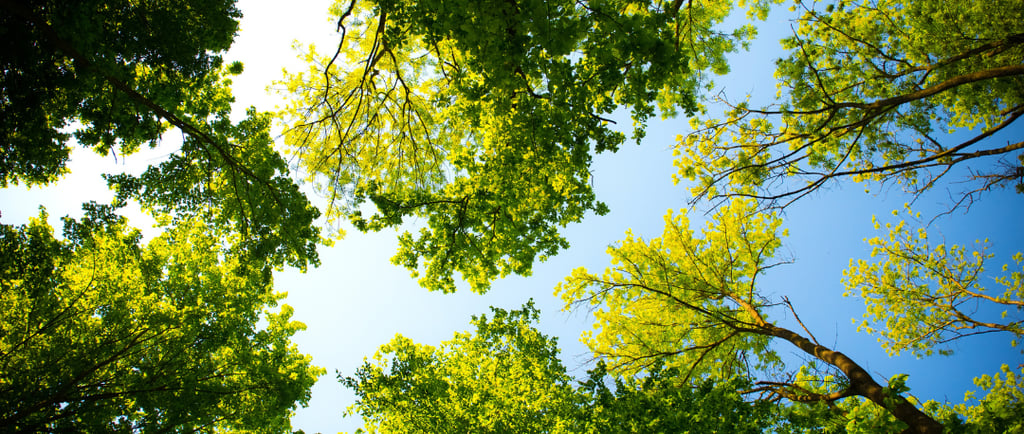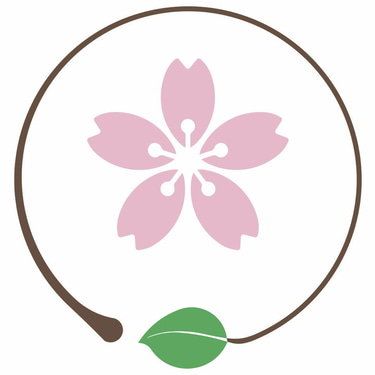Forest Bathing (Shinrin-yoku): Health Benefits
Discover the powerful health benefits of forest bathing (Shinrin-yoku), a Japanese self-care practice that reduces stress, improves sleep, boosts immunity, and supports emotional wellbeing. Learn how to incorporate it into your fitness and daily routine, even if you live in the city.
SELF-CARE
5/28/20253 min read


What is Forest Bathing?
Forest bathing, or Shinrin-yoku (森林浴), is a Japanese self-care practice that involves being fully present in nature, typically by taking a slow, mindful walk through a forest and engaging all the senses with its sights, sounds, and scents.
The term was introduced by Japan’s Forestry Agency in 1982 as a response to the growing stress and health challenges of urban life. Since then, forest bathing has been the subject of numerous scientific studies, revealing its potential to prevent illness and support both physical and mental wellbeing. Let’s explore the powerful health benefits of this natural practice.
Benefits of Forest Bathing
1. Reduces Stress and Cortisol Levels
When you are immersed in nature, your body receives signals to relax, leading to a reduction in cortisol, one of the primary stress hormones. Chronic stress can have a significant impact on both mental and physical health, which is why managing daily stress is essential. Forest bathing has been shown to reduce feelings of stress and anxiety, even after just 20 minutes spent in a natural environment.
2. Stabilises Blood Pressure
Spending time in nature has also been associated with improved cardiovascular health, including reduced blood pressure. Forest bathing encourages slow, deep breathing and a state of calm, which in turn can lower both systolic and diastolic blood pressure. This benefit is especially valuable for individuals managing stress-related hypertension.
3. Stabilises the Autonomic Nervous System
The autonomic nervous system controls essential bodily functions such as heart rate, digestion, and respiratory rate. Forest bathing helps regulate this system by promoting balance between the sympathetic (fight-or-flight) and parasympathetic (rest-and-digest) responses. This shift supports a state of homeostasis in the body, which enhances resilience and recovery both physically and mentally.
4. Enhances Immune Function
Surprising benefit of forest bathing is its positive impact on the immune system. Trees release organic compounds known as phytoncides, which have antimicrobial properties. When inhaled, these substances have been shown to increase the activity of natural killer (NK) cells in the body—immune cells that play a crucial role in defending against infections and illnesses. Regular exposure to forest environments can therefore support immune health and reduce the risk of common colds and other illness.
5. Improves Sleep
Sleep is fundamental to recovery and overall wellbeing. Forest bathing may help improve sleep quality by reducing stress, lowering cortisol levels, and supporting a healthy circadian rhythm. Natural light exposure during the day, combined with the calming effects of nature, can promote deeper and more restorative sleep.
6. Boosts Mood
Forest bathing has a significant impact on mood and emotional wellbeing. Spending time in natural environments has been shown to reduce symptoms of anxiety and depression while promoting feelings of calm and contentment. Exposure to nature is also associated with increased levels of serotonin, a key neurotransmitter that helps regulate mood, sleep, and overall emotional balance. By encouraging mindfulness and a sense of connection to the natural world, forest bathing fosters emotional clarity, elevates mood, and enhances motivation that support a healthier, more balanced lifestyle.
Incorporating Forest Bathing in Your Daily Life
Ideally, spending a couple of hours in a forest once a week would offer the most benefits. However, with the demands of modern life and the reality of living in urban environments, regular access to deep forests may not always be feasible.
If weekly forest visits are not possible, even spending 20 minutes in a local park, immersed in nature, can make a noticeable difference. Simply being in nature can have a calming and restorative effect on your physical and mental wellbeing: listening to birds, hearing the leaves rustle, observing the plants, smelling the flowers, and breathing in fresh air.
The most beneficial time of year for forest bathing is during summer, when the leaves are fully mature and release the highest levels of phytoncides. With summer just around the corner, this is the perfect time to plan a refreshing trip to the forest!
Sakura Fitness & Beauty
Promoting fitness, health, wellness, and beauty.
© 2025. All rights reserved.
London, UK
info@sakurafitnessbeauty.com
